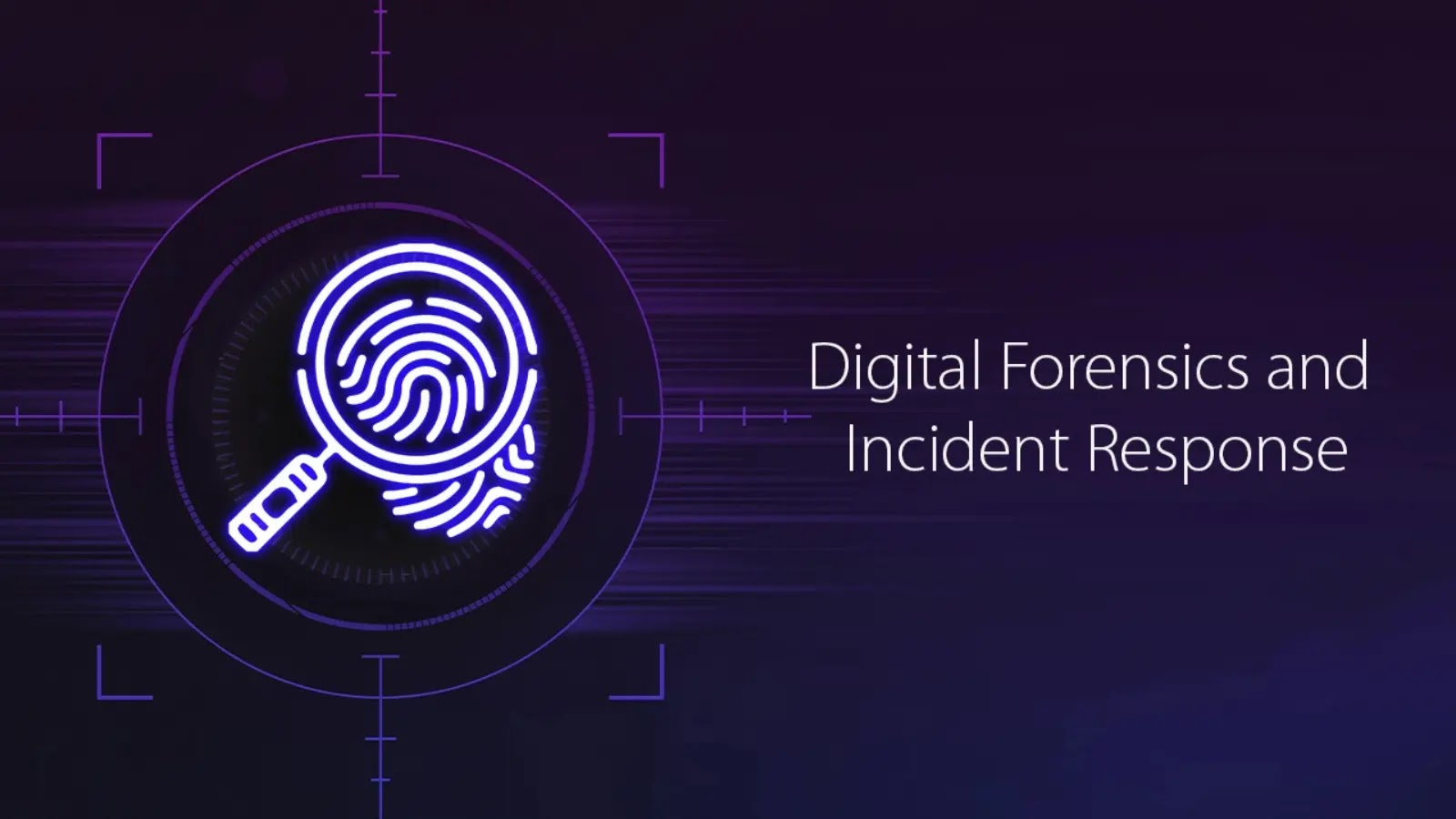Recent analyses have uncovered multiple critical vulnerabilities within macOS’s SMBClient, the component responsible for handling Server Message Block (SMB) protocol communications. These flaws pose significant security risks, potentially allowing attackers to execute arbitrary code remotely and cause system crashes. Given that SMB has been the preferred file-sharing protocol since macOS Big Sur, these vulnerabilities have far-reaching implications for users and organizations relying on macOS systems.
Overview of the Vulnerabilities
Three primary vulnerabilities have been identified:
1. Remote Kernel Heap Overflow (CVE-2025-24269): This vulnerability resides in the `smb2_rq_decompress_read` function within the `smbfs.kext` kernel extension. The flaw arises from inadequate validation of the `compress_len` parameter when processing compressed SMB2 data using algorithms such as LZNT1, LZ77, and LZ77_Huffman. An attacker can exploit this by crafting a malicious SMB packet that leads to a heap memory overflow, potentially allowing remote code execution with kernel privileges.
2. Kerberos Authentication Vulnerability (CVE-2025-24235): Found in the Kerberos Helper component used during SMB session establishment, this flaw involves the `_KRBDecodeNegTokenInit` function. An uninitialized stack variable can be manipulated, leading to memory corruption. Exploiting this vulnerability could result in remote code execution, compromising the affected system.
3. Local Privilege Escalation: This issue pertains to the `SMBIOC_UPDATE_NOTIFIER_PID` ioctl in the `smbfs` kernel module, which lacks proper permission checks. An unprivileged process can register arbitrary process IDs with the kernel’s SMB notification system. Consequently, when an SMB filesystem unmounts, the kernel may send a SIGTERM signal to the registered PID, potentially terminating critical processes and leading to system instability or crashes.
Technical Details
– Remote Kernel Heap Overflow (CVE-2025-24269): The vulnerability is due to insufficient validation of the `compress_len` parameter read from network data. When the system processes compressed SMB2 data, it fails to validate this length before performing a memory copy operation. This oversight creates a heap memory overflow condition where attackers can control both the overflow quantity and influence the size of the allocated memory being corrupted, potentially up to 32MB. The overflow occurs in buffers allocated via the `SMB_MALLOC_DATA` macro, placing the corrupted memory in the xnu data heap. The flaw has been fixed with comprehensive validation of the `compress_len` parameter before memory copy operations.
– Kerberos Authentication Vulnerability (CVE-2025-24235): The flaw resides in the `_KRBDecodeNegTokenInit` function, where a `NegotiationToken` union is declared on the stack but never properly initialized. When the `gss_decapsulate_token` function fails during authentication, the code jumps to the `free_negtoken_3` label, bypassing the initialization logic for the `NegotiationToken` structure. This leads to `_free_NegotiationToken` being called on uninitialized memory, which ultimately invokes `_asn1_free()` using the uninitialized token type as a template to parse and free the garbage data. This vulnerability can be triggered remotely through SMB URL handlers or the `mount_smbfs` command, potentially resulting in remote code execution. The flaw has been addressed by implementing proper memory initialization using `memset()` before the `NegotiationToken` is used.
– Local Privilege Escalation: The issue involves the `SMBIOC_UPDATE_NOTIFIER_PID` ioctl in the `smbfs` kernel module, which lacks proper permission checks. This flaw allows any unprivileged process to register arbitrary process IDs with the kernel’s multichannel SMB notification system. When an SMB filesystem unmounts, the kernel sends a SIGTERM signal to the registered PID using `proc_signal()`. Since there’s no verification that the calling process has permission to signal the target process, attackers can effectively send SIGTERM to any process, including system-critical ones, leading to potential system crashes or unintended behavior. The vulnerability has been mitigated by implementing appropriate permission checks to ensure that only authorized processes can register for notifications.
Impact and Exploitation
The exploitation of these vulnerabilities can have severe consequences:
– Remote Code Execution: By exploiting the remote kernel heap overflow or the Kerberos authentication vulnerability, attackers can execute arbitrary code with kernel-level privileges. This level of access allows for complete control over the affected system, including the ability to install malware, exfiltrate sensitive data, and disrupt operations.
– System Crashes and Instability: The local privilege escalation flaw can be used to terminate critical system processes, leading to crashes and potential data loss. Additionally, the remote kernel heap overflow can cause memory corruption, resulting in system instability.
– Widespread Exposure: Given that SMB is widely used for file sharing in macOS environments, a large number of systems are potentially vulnerable. The ease of exploitation, especially for the remote vulnerabilities, increases the risk of widespread attacks.
Mitigation and Recommendations
Apple has addressed these vulnerabilities in recent security updates. Users and administrators are strongly advised to:
1. Update Systems Promptly: Ensure that all macOS devices are updated to the latest version to incorporate the security patches that address these vulnerabilities.
2. Disable SMB Services if Unnecessary: If SMB services are not essential for your operations, consider disabling them to reduce the attack surface.
3. Monitor Network Traffic: Implement monitoring solutions to detect unusual SMB traffic patterns that may indicate exploitation attempts.
4. Educate Users: Inform users about the risks associated with clicking on untrusted SMB links or mounting unverified SMB shares.
5. Implement Access Controls: Restrict the use of SMB services to trusted networks and authenticated users to minimize exposure.
Conclusion
The discovery of these critical vulnerabilities in macOS’s SMBClient underscores the importance of regular system updates and vigilant security practices. By promptly applying patches and adhering to recommended security measures, users and organizations can protect their systems from potential exploitation and maintain the integrity and availability of their macOS environments.



